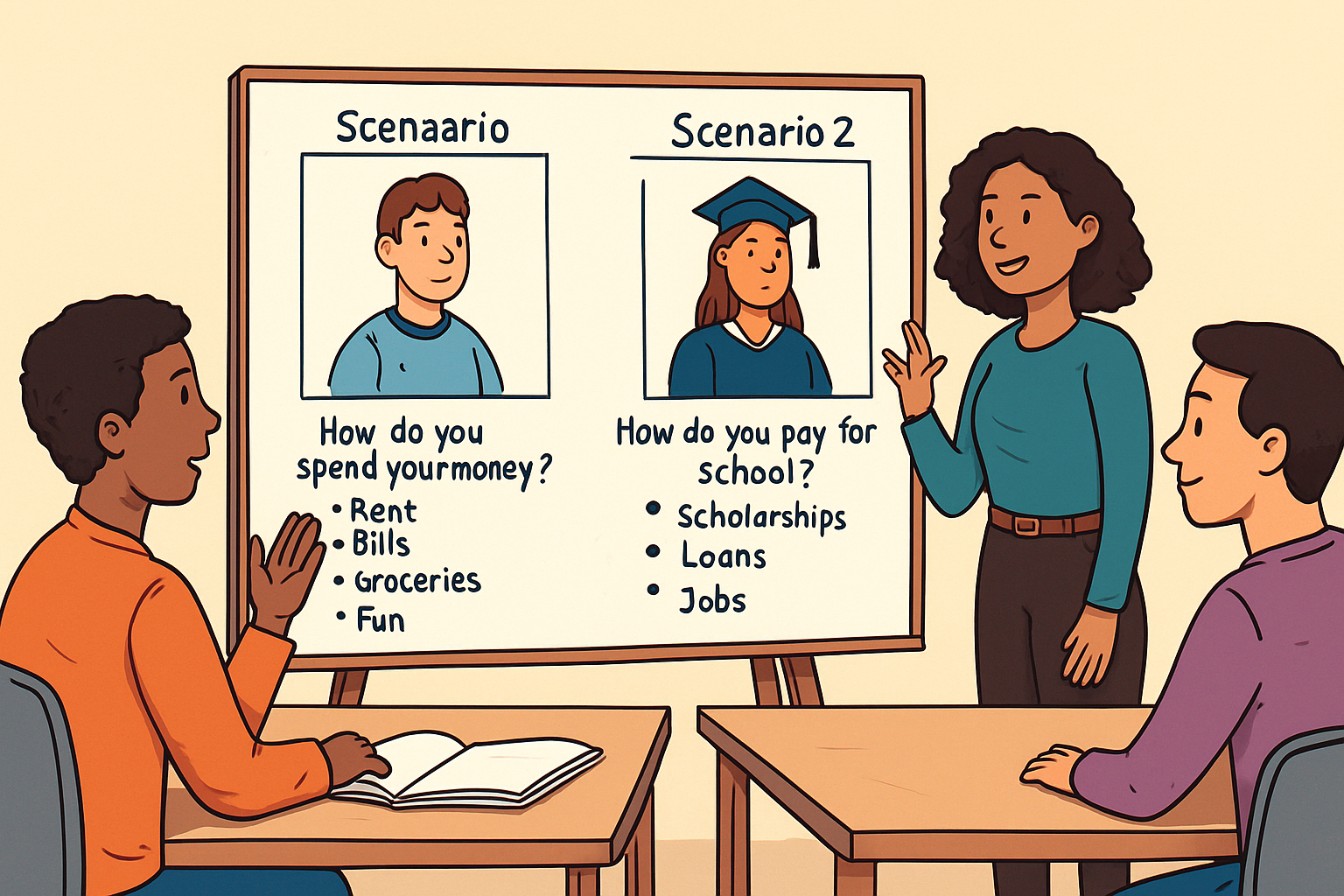Why Financial Literacy Should Be Taught in Schools
Financial literacy is a critical life skill that is often overlooked in traditional school curriculums. However, as young people transition into adulthood and take on financial responsibilities, understanding the fundamentals of money management becomes essential. Teaching financial literacy in schools can significantly impact students’ ability to make informed, responsible financial decisions throughout their lives.
Incorporating financial literacy into the school system helps students develop a solid foundation in managing their finances, from budgeting and saving to understanding credit and debt. These are skills that will serve them well in personal and professional life. By learning about the importance of saving, the impact of interest rates, and how to avoid common financial pitfalls, students can be better prepared to face the financial challenges they will encounter as adults.
Programs like FINMAN+ aim to equip educators with the tools and methodologies necessary to teach financial literacy effectively. By introducing these concepts early in education, schools can help students develop lifelong habits that promote financial stability and well-being. Financial literacy education doesn’t just prepare students for personal financial success; it also plays a vital role in promoting broader economic awareness and social responsibility, fostering a generation that is financially empowered and capable of making thoughtful decisions.








